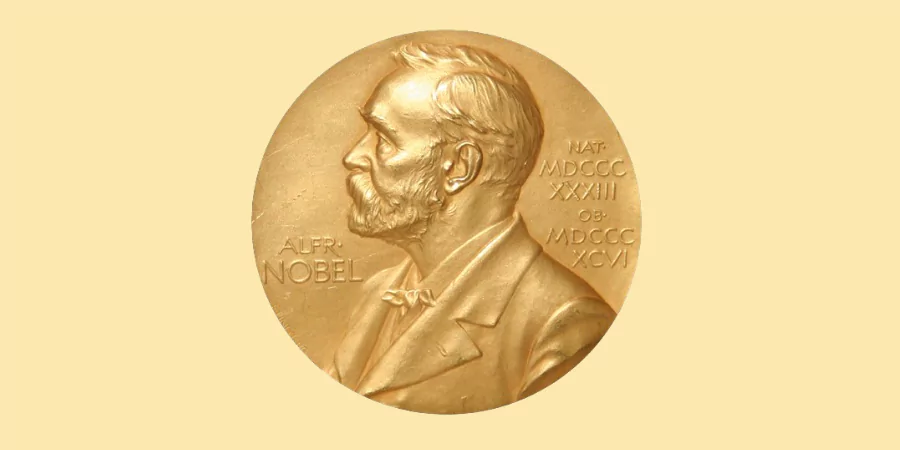The history of the Nobel Prizes
The Nobel Prizes have a rich history rooted in Alfred Nobel’s vision to honor those who advance humanity through exceptional achievements. In his will, Nobel, the inventor of dynamite and a prolific entrepreneur, directed that his fortune be used to establish annual prizes in disciplines he valued: physics, chemistry, physiology or medicine, literature, peace, and later economics. His aim was to reward individuals or organizations “who have conferred the greatest benefit to humanity.”
The inaugural Nobel Prizes were awarded in 1901 after a meticulous process of organizing and selecting candidates. Over the years, the awards have grown to symbolize global recognition of groundbreaking contributions in science, literature, and humanitarian efforts, becoming one of the world’s most prestigious accolades.
Nobel Prize 2024 Winners: Contributions Across Categories
The 2024 Nobel Prizes celebrated remarkable achievements across six disciplines, honoring individuals and organizations that significantly contributed to science, literature, and peace. Here’s a summary of the winners and their groundbreaking work:
Physiology or Medicine
Victor Ambros and Gary Ruvkun were awarded for their discovery of microRNA, a tiny molecule that regulates gene expression and is essential for cellular development and function. This work has had profound implications for understanding human health and diseases.
Physics
John J. Hopfield and Geoffrey E. Hinton were recognized for their foundational work in artificial neural networks. Hopfield’s associative memory models and Hinton’s data property discovery methods have revolutionized machine learning and AI technologies
Chemistry
David Baker, Demis Hassabis, and John Jumper received the prize for their contributions to protein structure prediction and computational protein design. Their breakthroughs, particularly with the AI model AlphaFold2, have accelerated biological research and drug discovery
Literature
South Korean author Han Kang was celebrated for her intense poetic prose that delves into historical traumas and human fragility. Known for works like The Vegetarian, her literature reflects deep Eastern philosophical influences and explores complex themes of pain and resilience
Peace
The Japanese organization Nihon Hidankyo (Hibakusha) was awarded for advocating nuclear disarmament and educating the world about the catastrophic consequences of nuclear warfare. Their grassroots movement has played a vital role in maintaining the global “nuclear taboo”
Economic Sciences
Daron Acemoglu, Simon Johnson, and James Robinson were honored for their research on how institutions shape national wealth and development. Their work highlights the role of inclusive institutions in fostering long-term economic growth and prosperity
The laureates’ achievements align with Alfred Nobel’s vision of advancing humanity through exceptional contributions in their fields. Each winner has left an indelible mark on their respective disciplines.
















